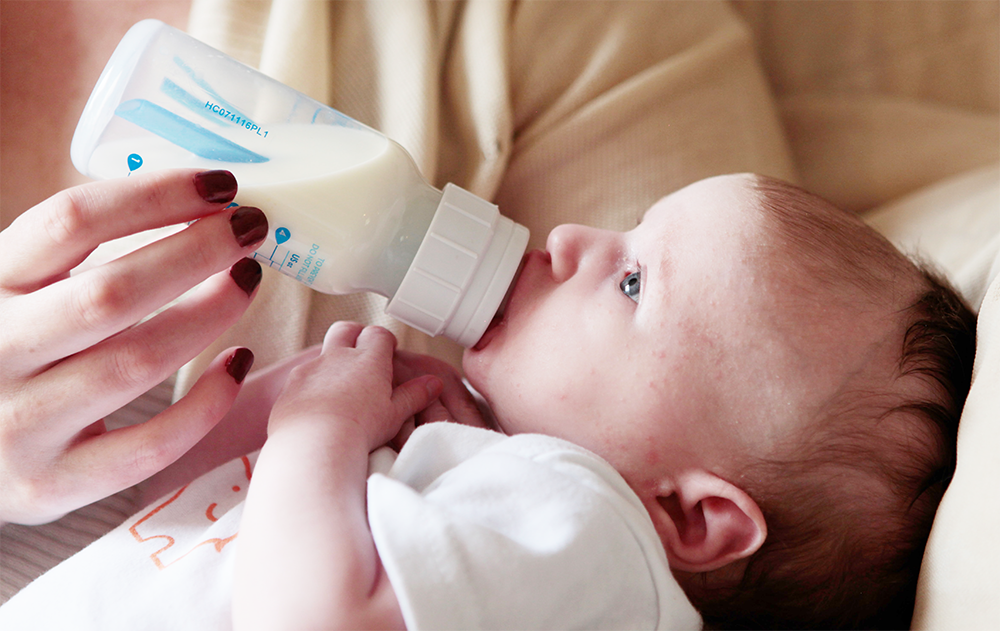
25 Feb Is Your Baby Hungry or Full?
3 min. readAs most parents know, one of the most challenging things about caring for a young baby is that you can’t always tell what they are thinking. While many parents wish that their baby could communicate with them and tell them what is going on when they are crying—that just isn’t the case.
However, while babies can’t come out and say everything they’re thinking—there are ways that babies can tell us when they’re hungry and when they’re full. You just need to know what to look for.
A good approach to knowing when your baby is hungry or full is recognizing the signals and cues coming from your child, so you can respond accordingly. There are many great benefits of knowing when you are not under or overfeeding your baby:
- Helping your child develop healthy eating habits for their future
- Lowering your child’s risk of being overweight as they grow up
- Teaching your child how to feed themselves
- Thinking of this as a way to bond with your child during feeding
This approach is actually quite simple. You simply remain engaged and connected with your child when they are feeding and look for cues that they are hungry and when they have had enough—and respond promptly to these cues. You should always respond right away and in a method that is warm, loving, and nurturing.
As you get set up for feeding, it is important to make sure that your child is comfortable and that there aren’t many distractions around. Then you will look for the right signals.
Here are some common signals that your baby may be hungry.
- Your baby put their hands or other objects near their mouth.
- Your baby starts rooting—which is turning his or her head toward anything that touches their face and opens their mouth up
- Your baby makes suckling noises or motions even when it isn’t feeding time.
- Your baby looks stiff and starts flexing their arms and legs
- Your baby clenches their fists and fingers over their chest or tummy.
On the other hand, here are some signals that your baby is full, and it is time to stop breastfeeding or bottle-feeding:
- Your baby frequently starts and stops feeding during their feeding session.
- Your baby unlatches when they are breastfeeding.
- Your baby will spit out or ignore the bottle or the breast when it is time to eat.
- Your baby will slow down suckling significantly during their session.
- Your baby falls asleep during their feeding session.
- Your baby fidgets during eating or gets distracted when it is supposed to be feeding time.
- Your baby will close his or her mouth and turn their head away when they are offered the breast or the bottle.
If you have questions about feeding and what you can do to help make sure that your child is developing healthy eating habits at an early age, then call Continuum Pediatrics to set up an appointment. You can reach us at 817-617-8600 to schedule one today.

